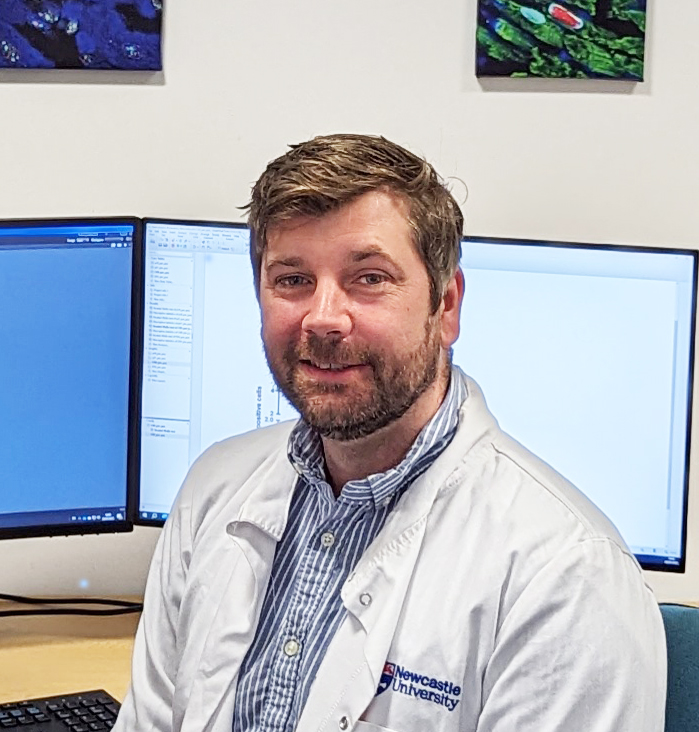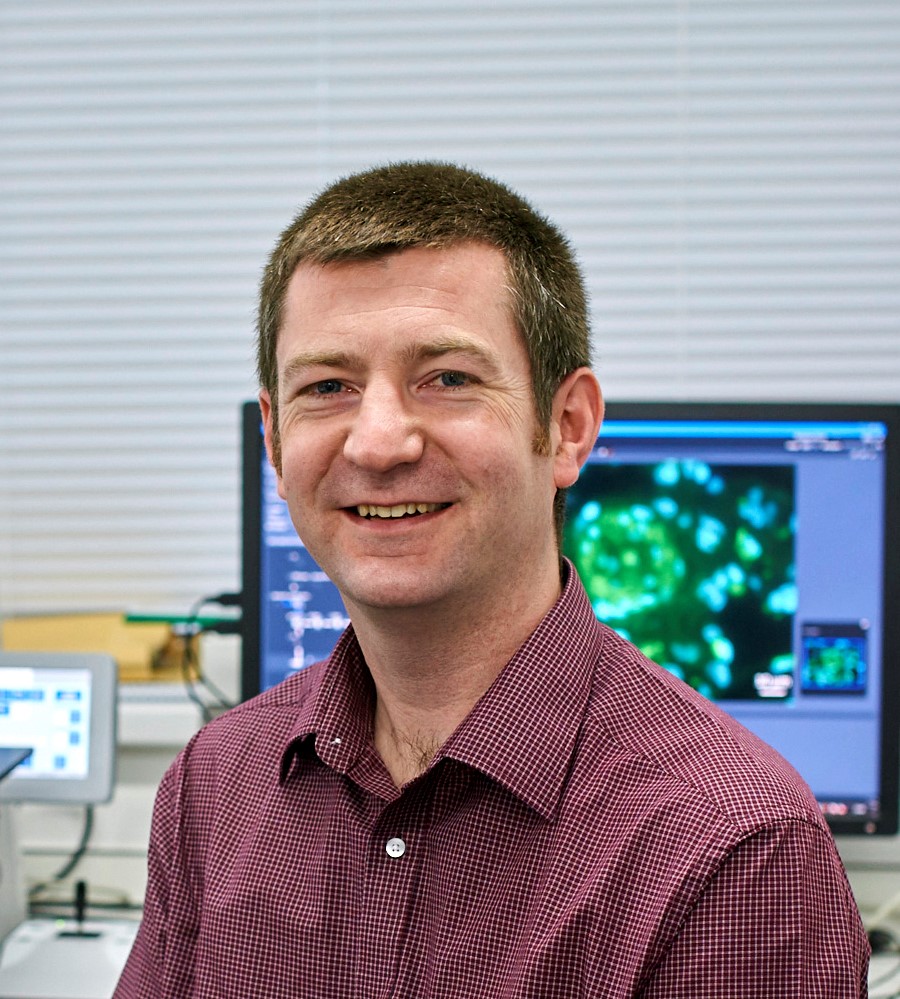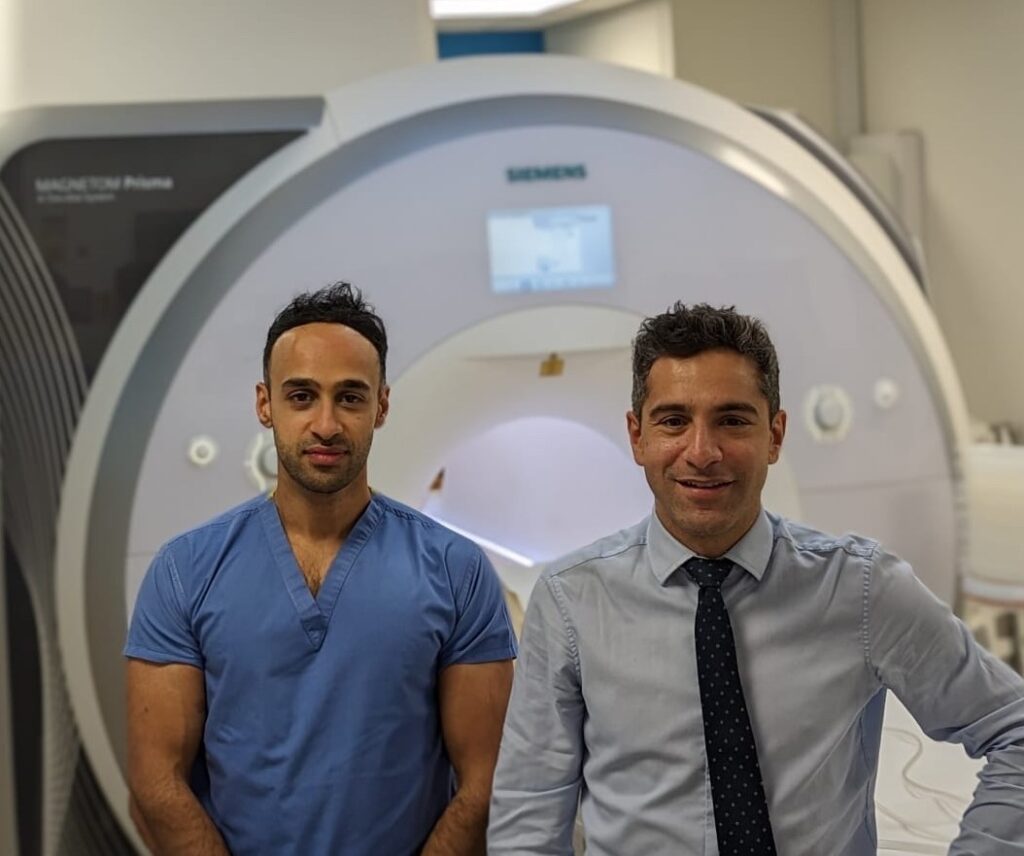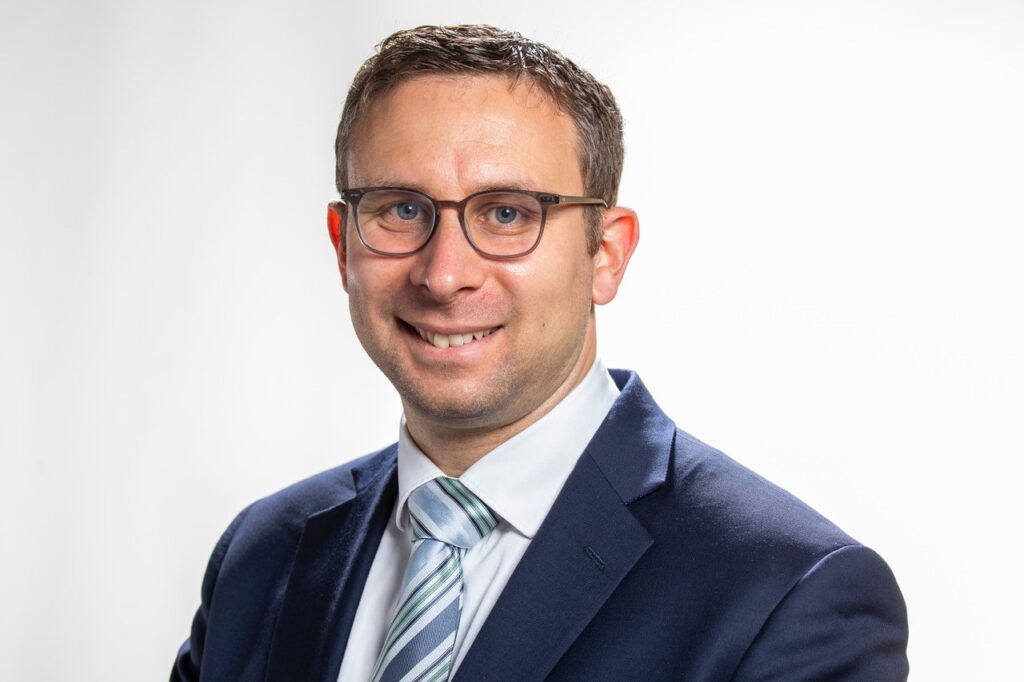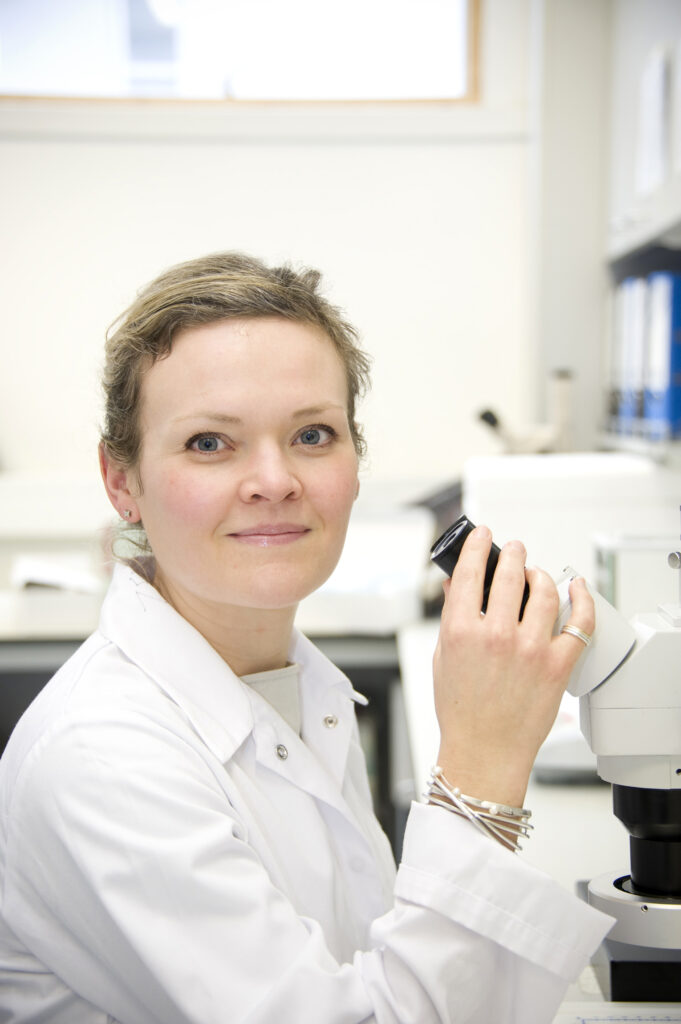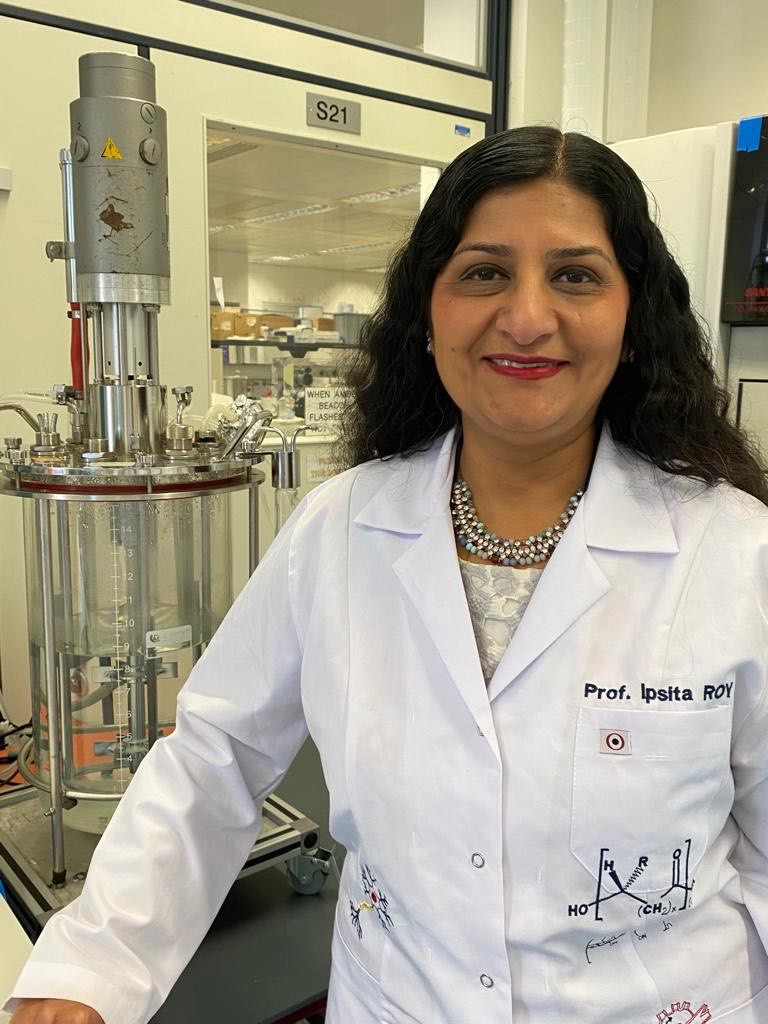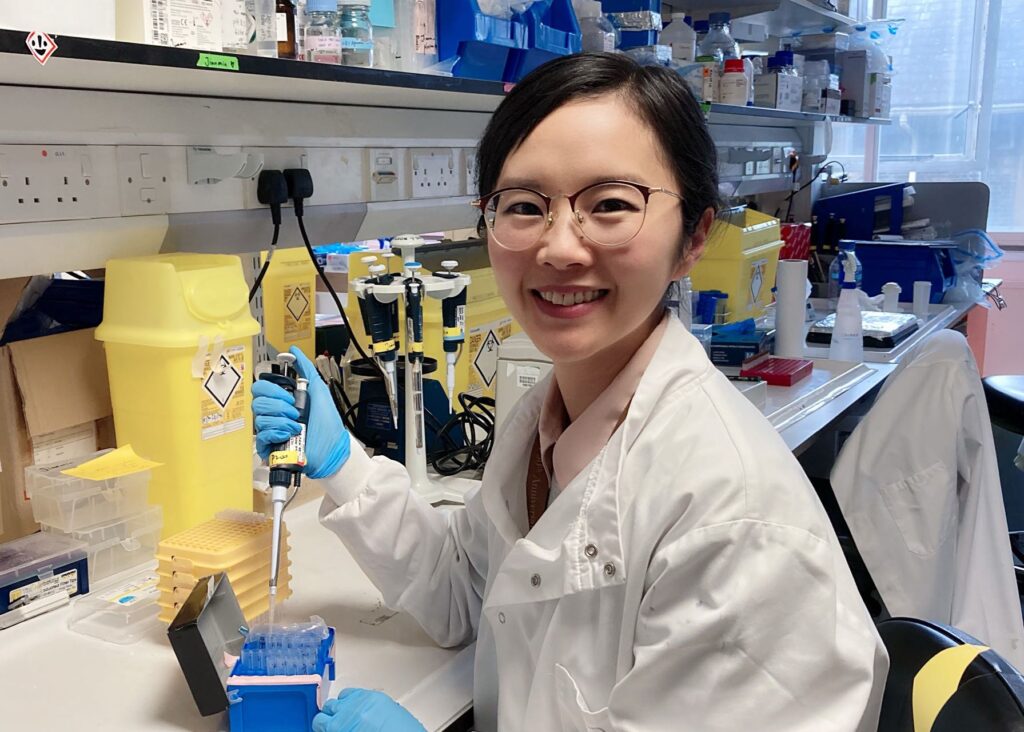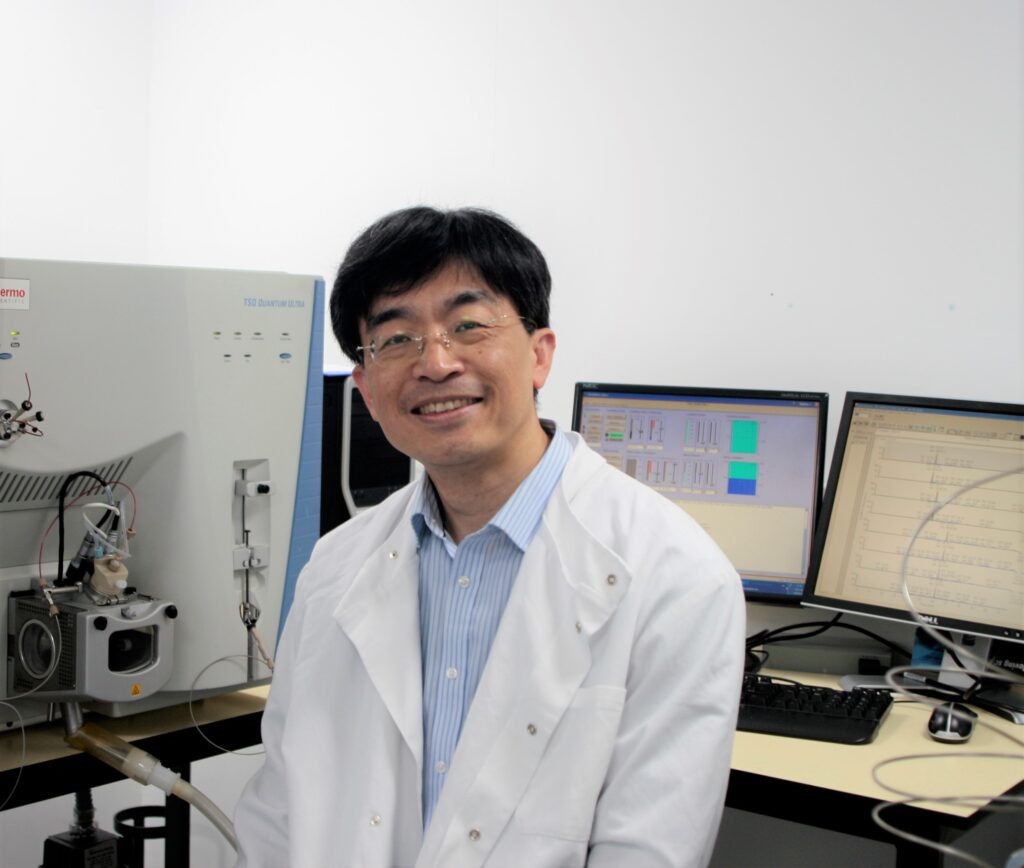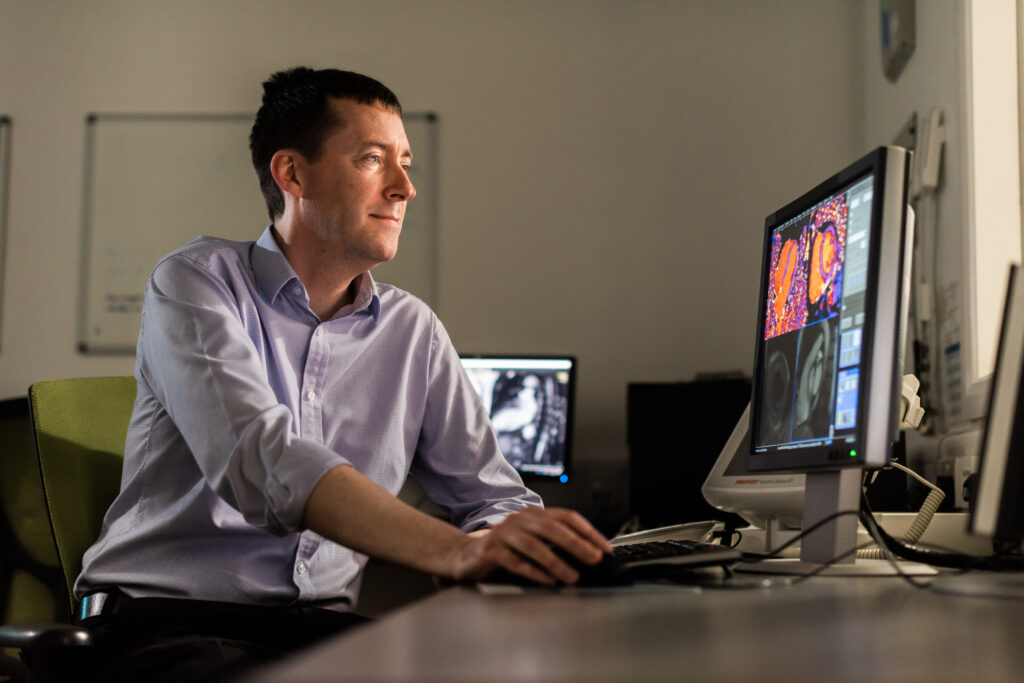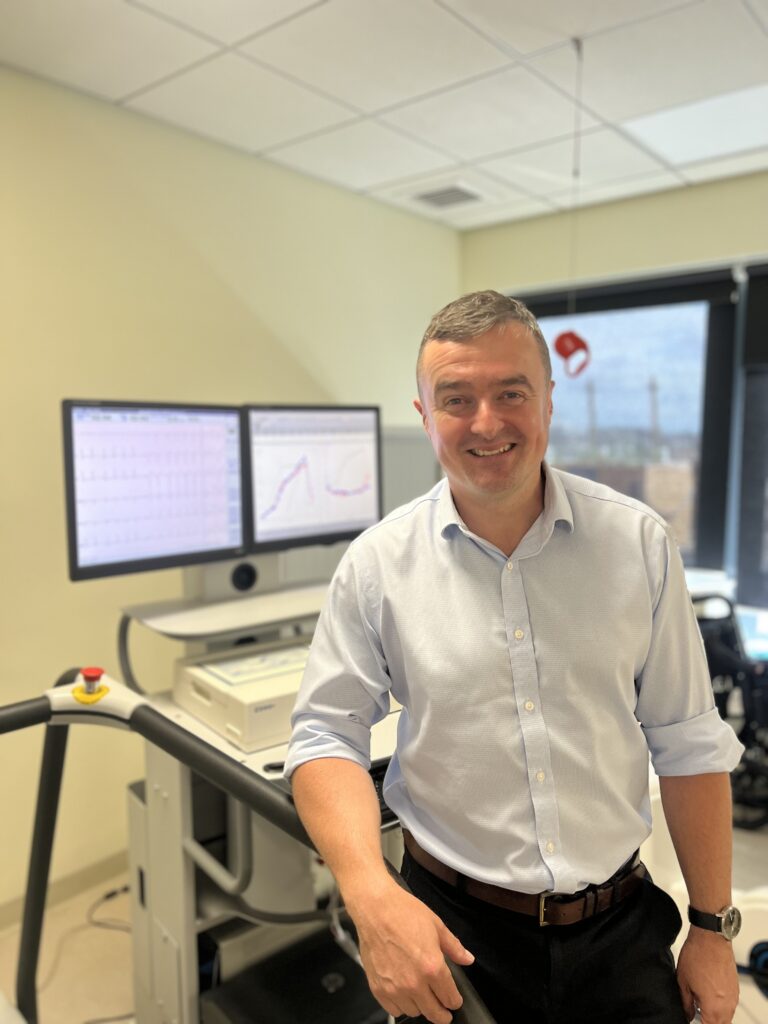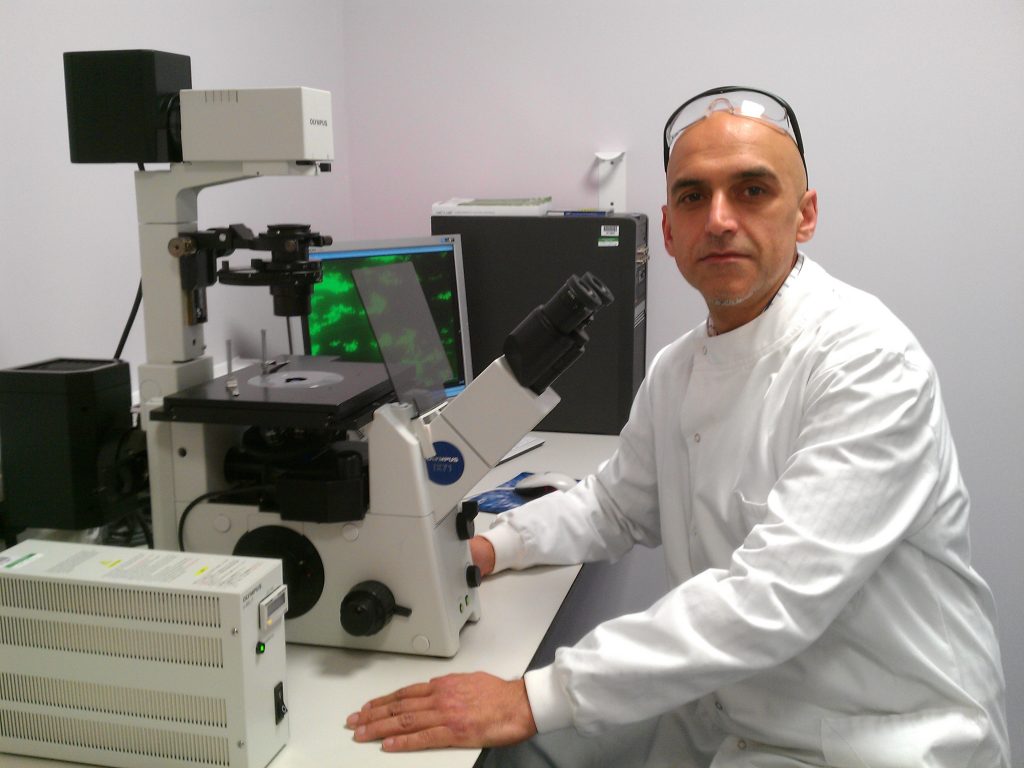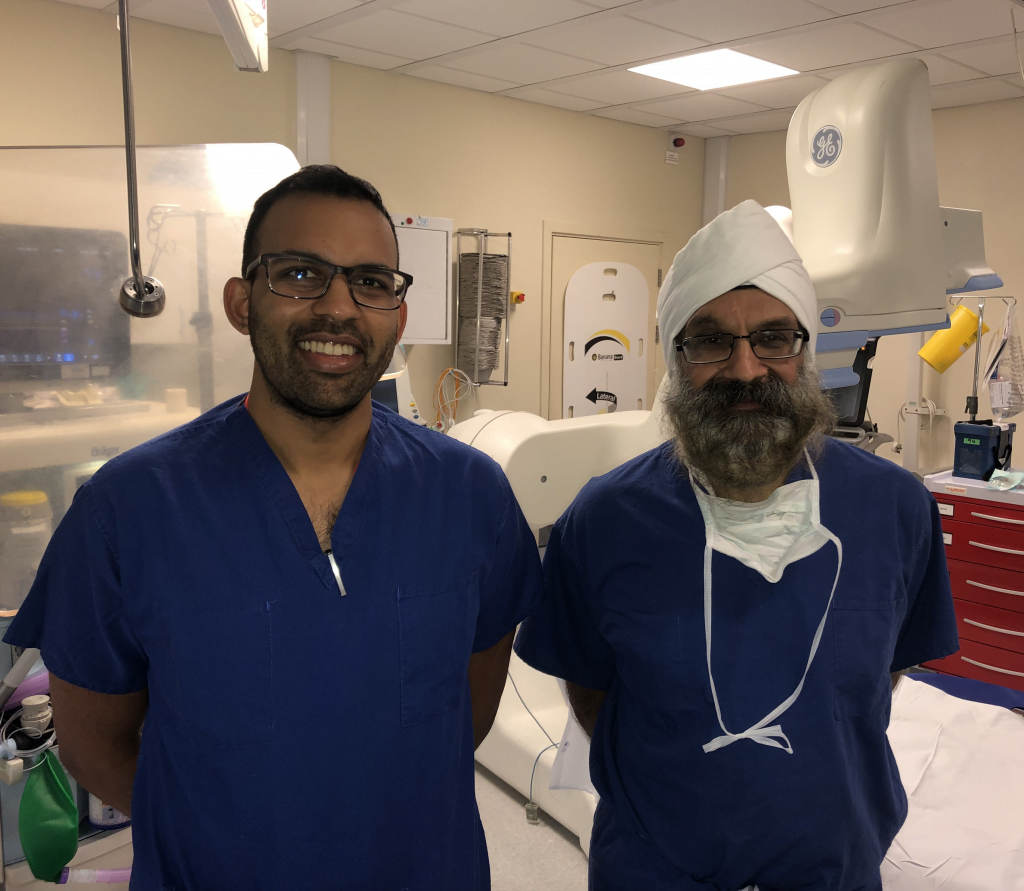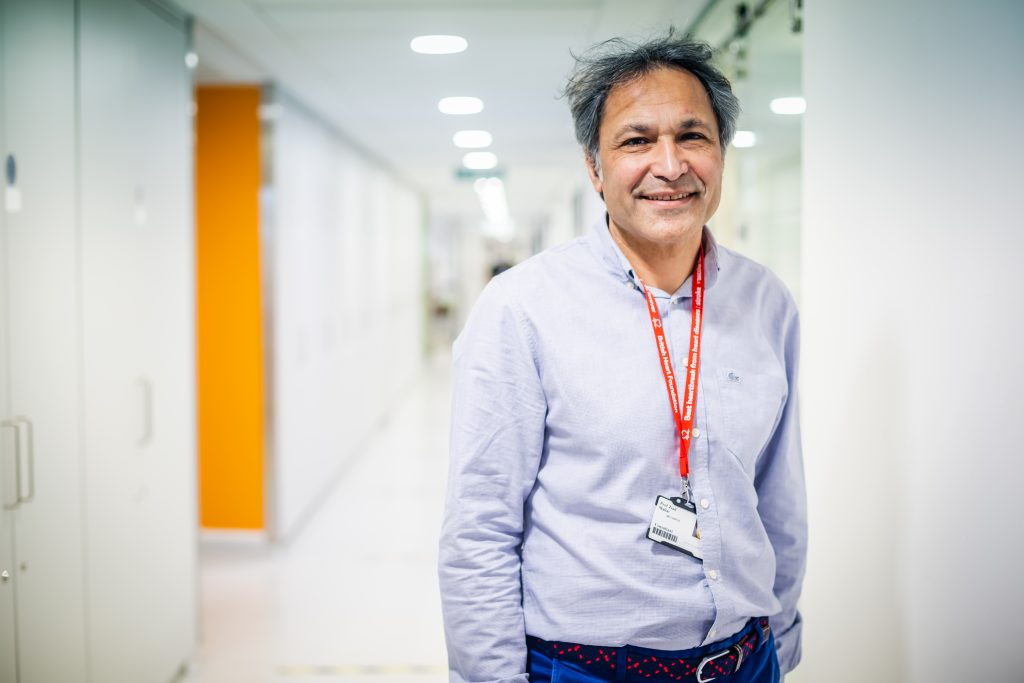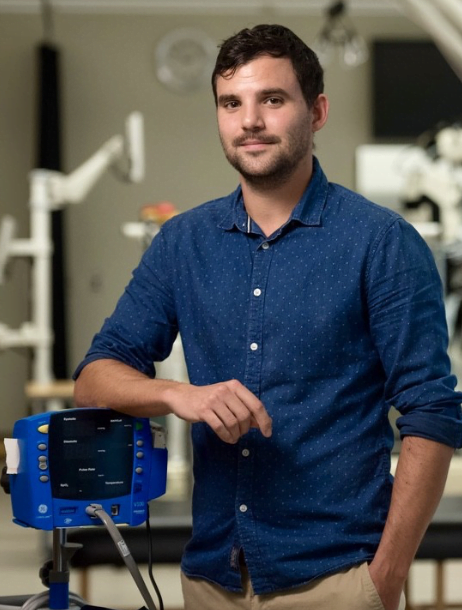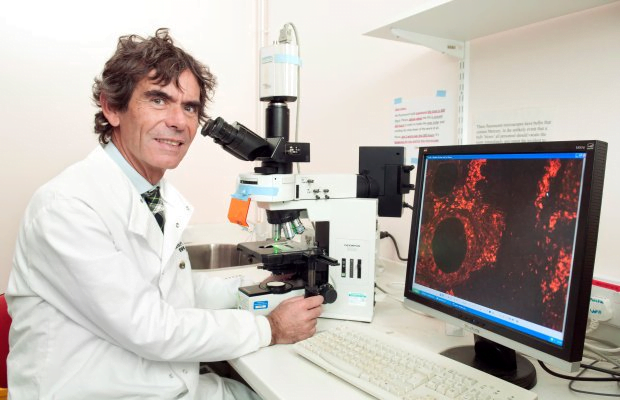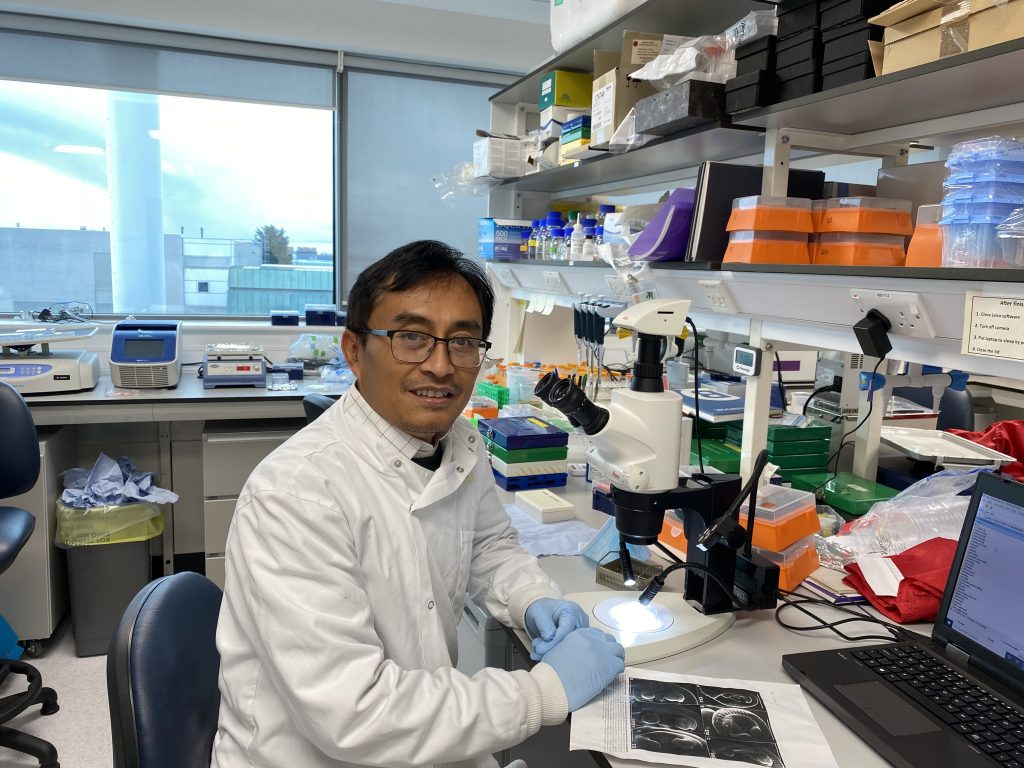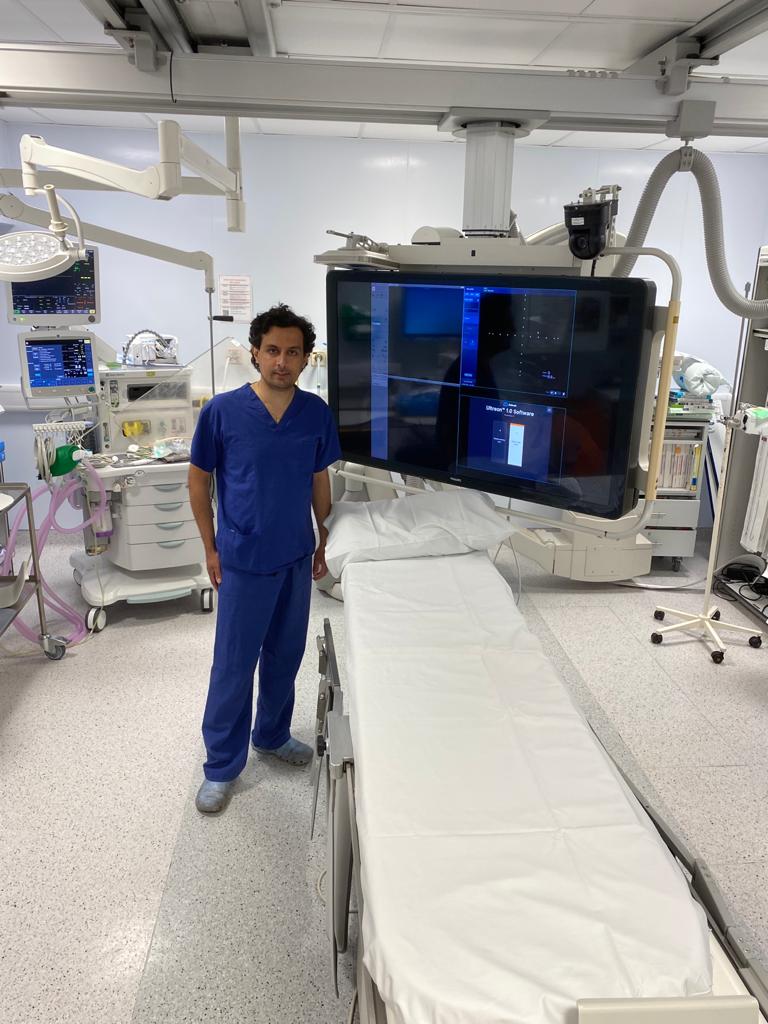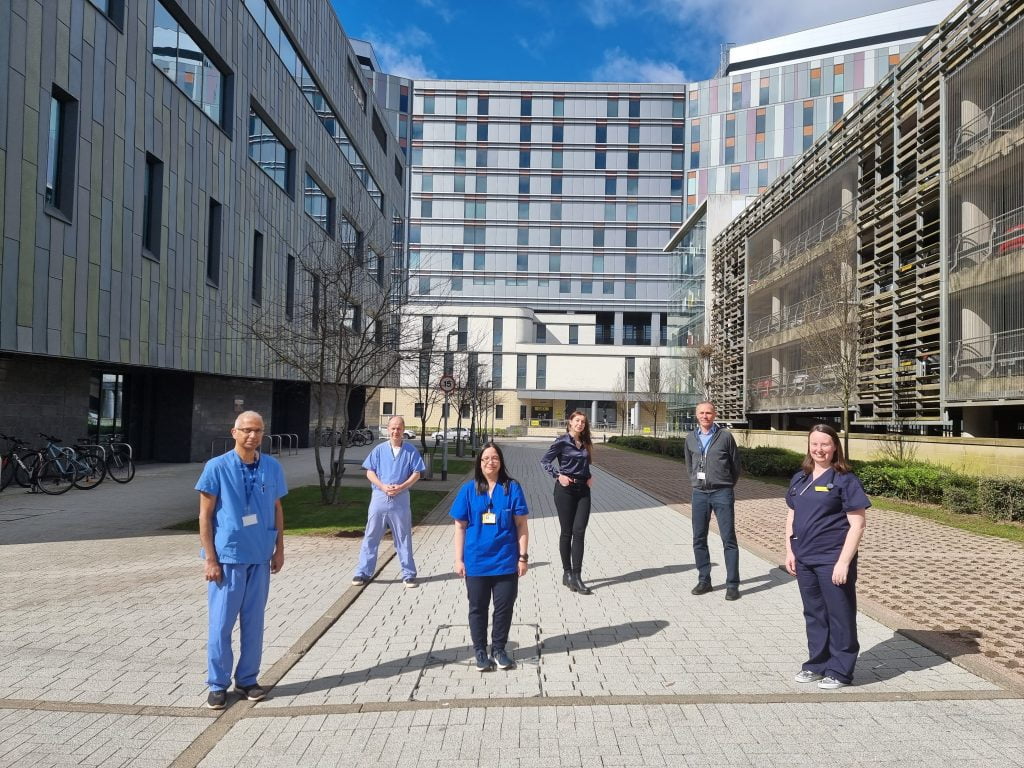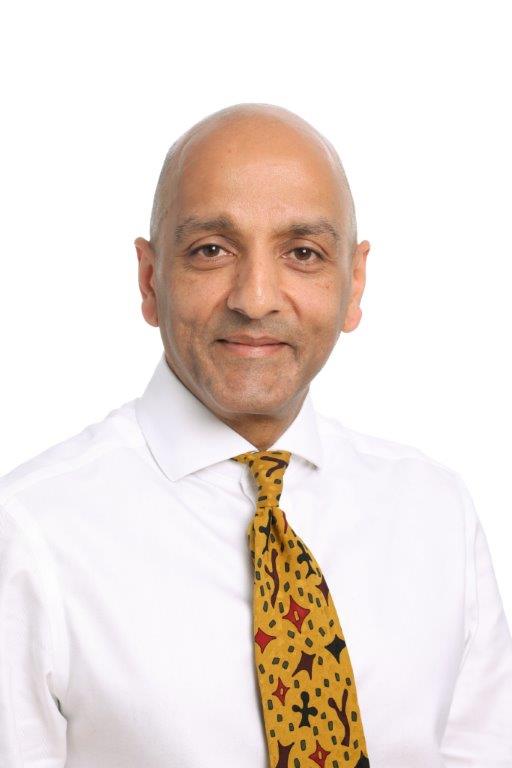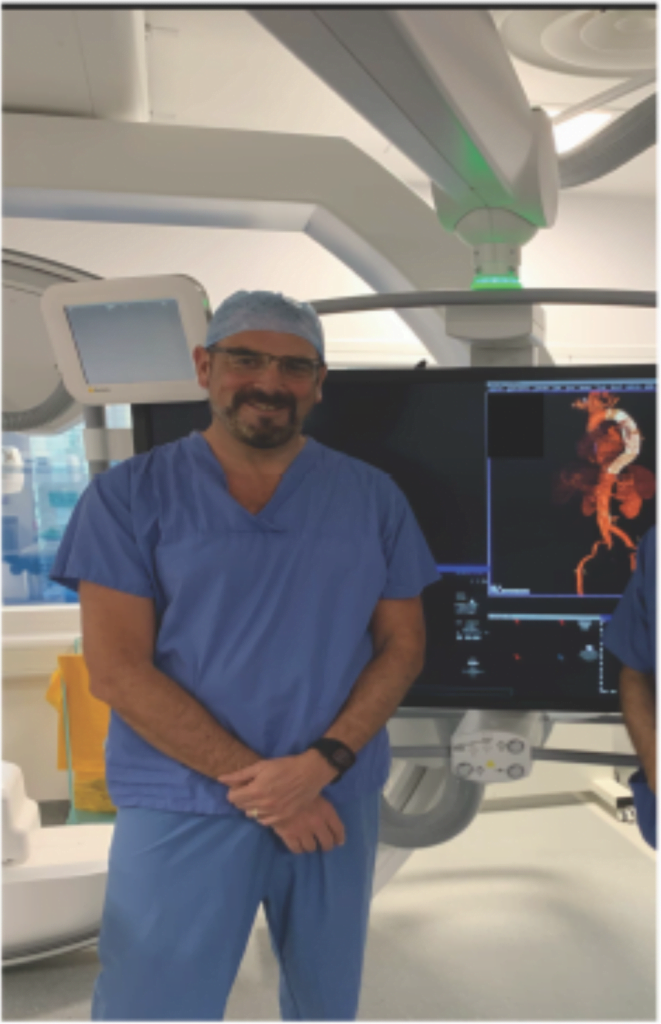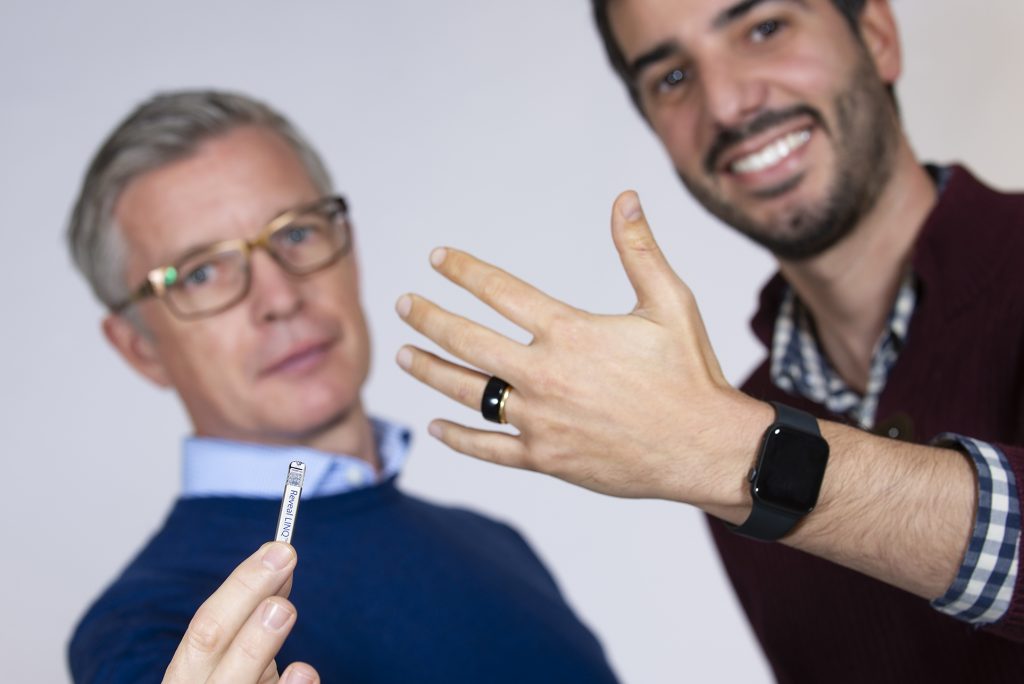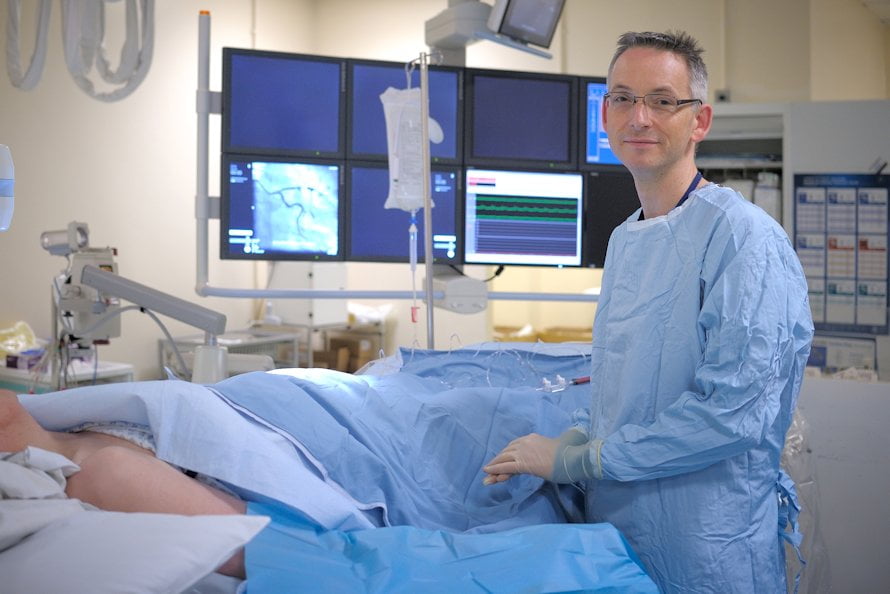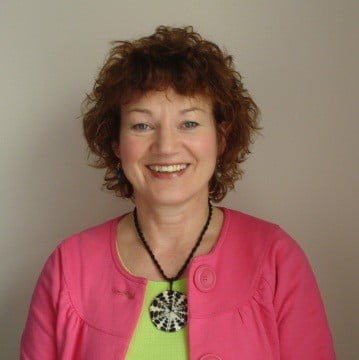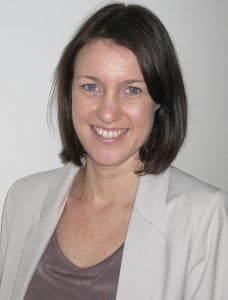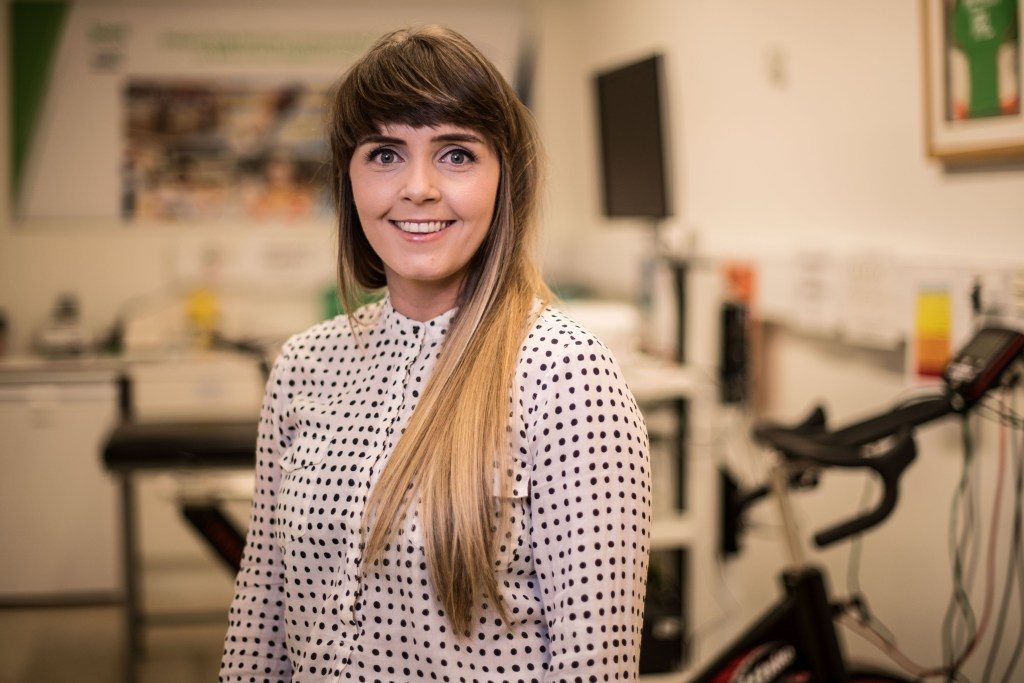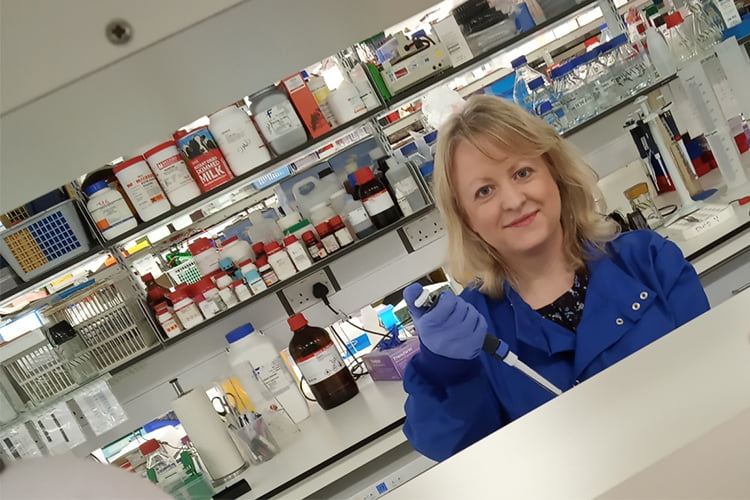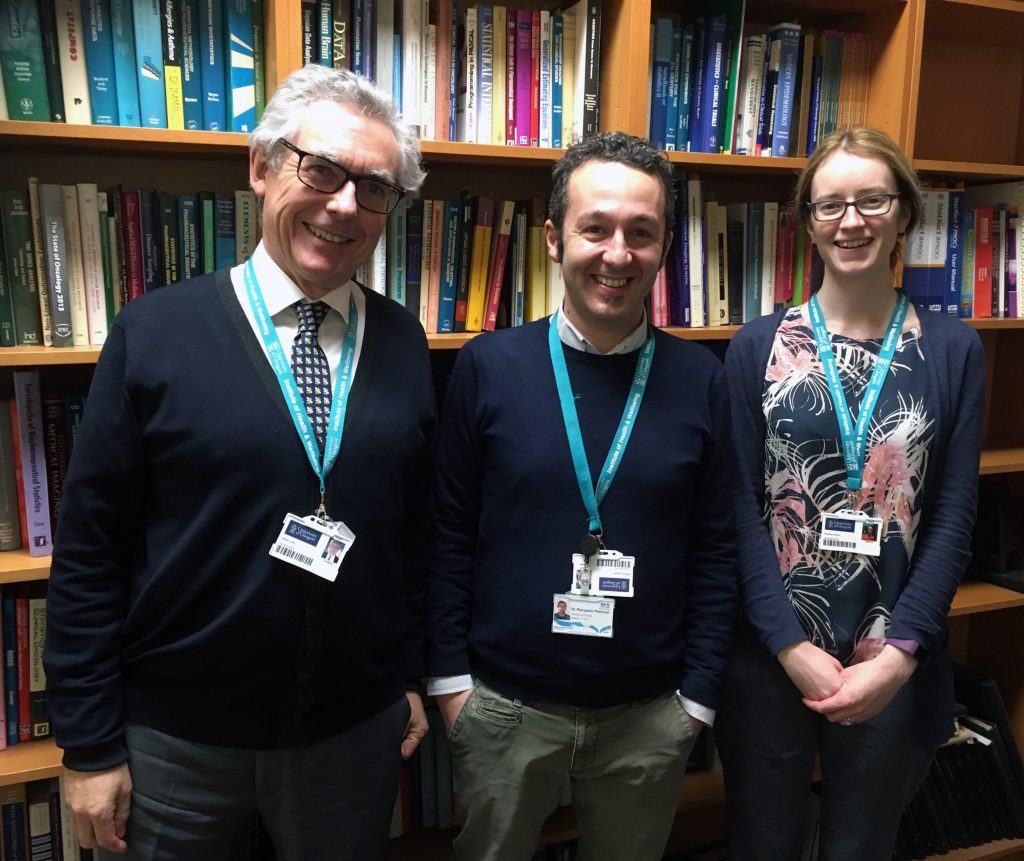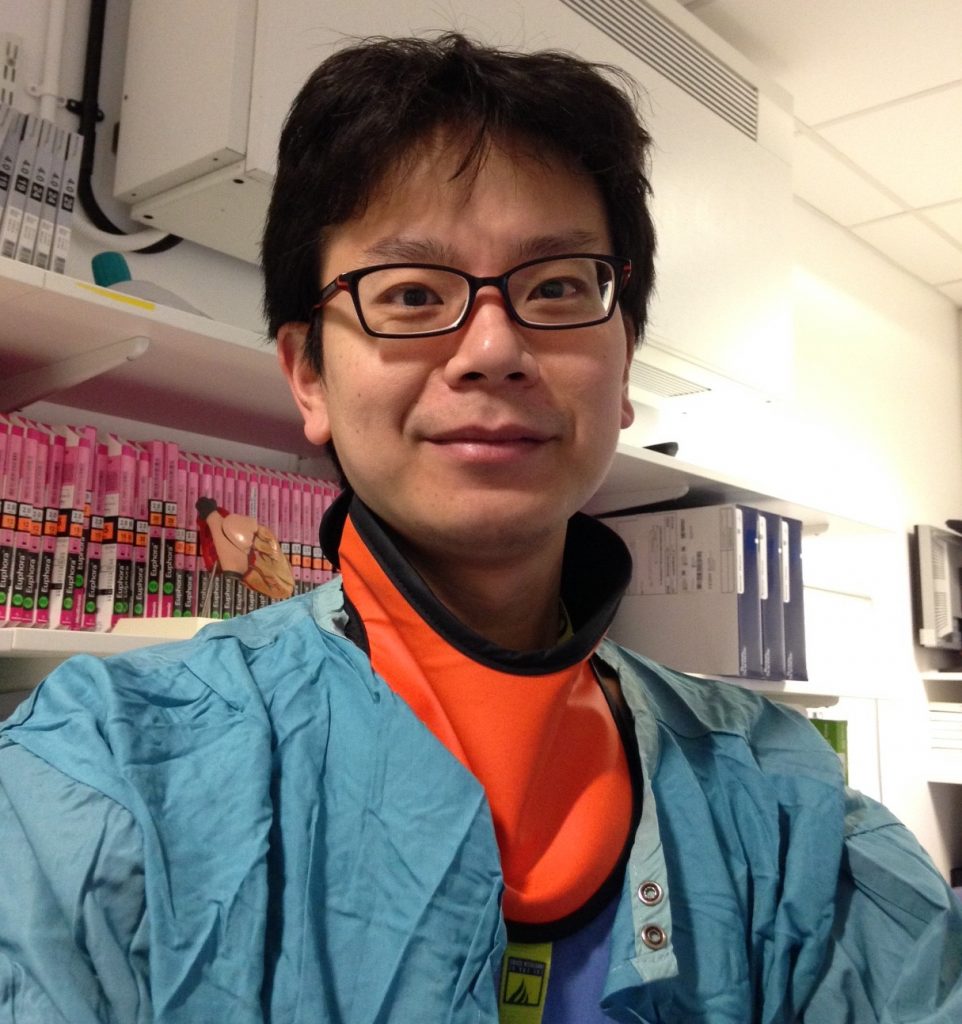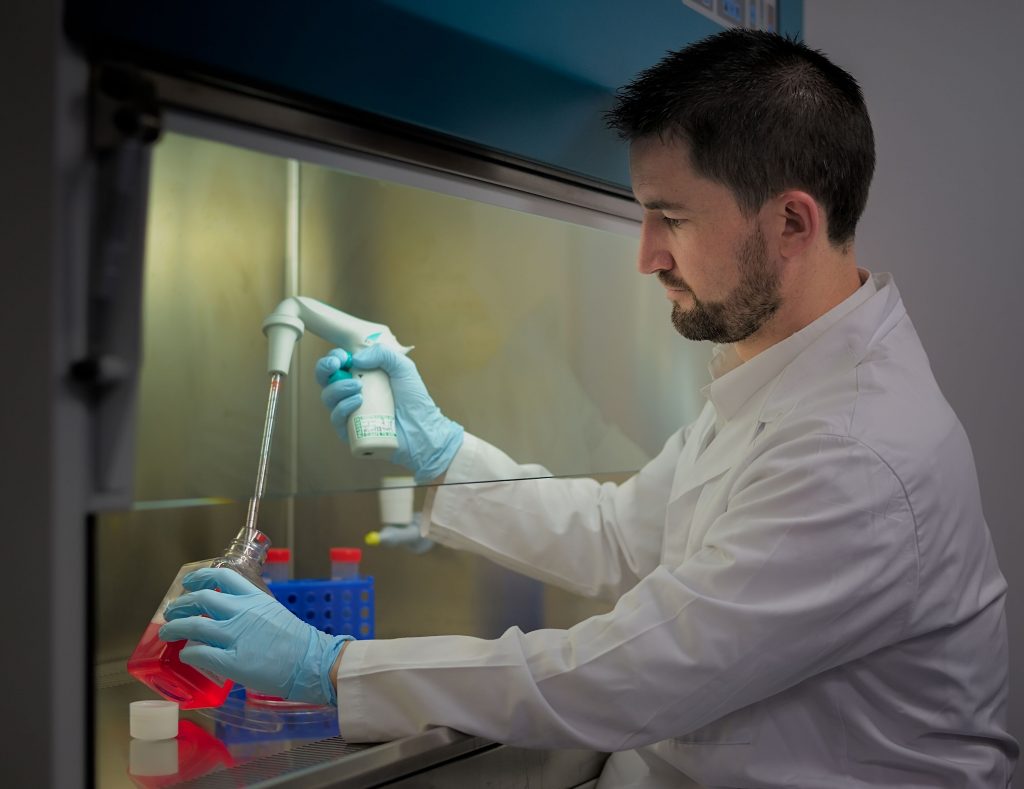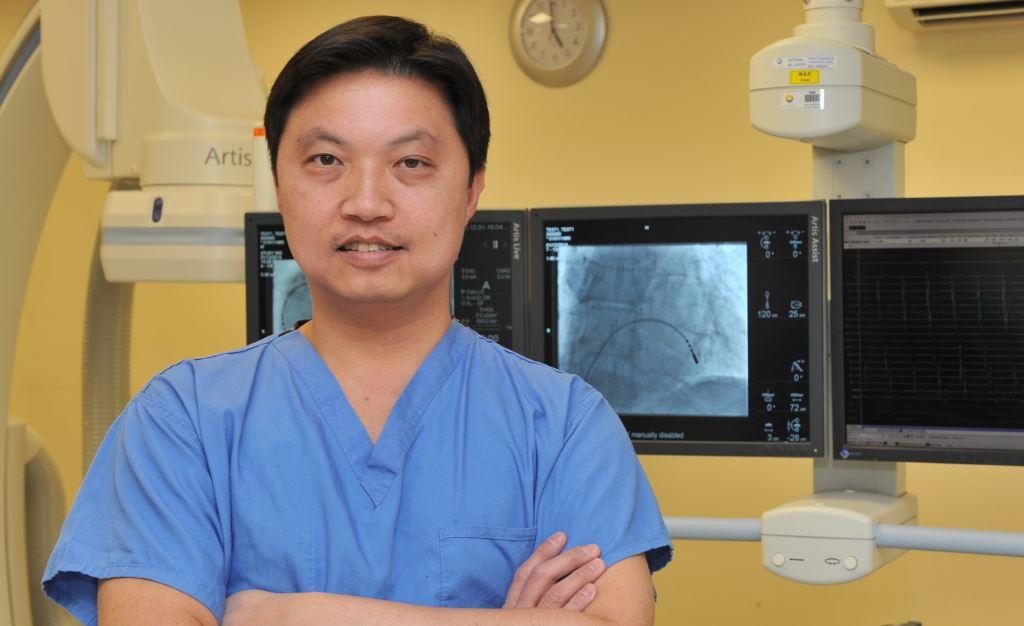Scotland Grant
Prof Jesse Dawson, University of Glasgow
Amount: £115,811

Summary: In some patients who have had a stroke, an abnormal heart rhythm called atrial fibrillation (AF) increases the risk of blood clots forming and second strokes. This project aims to develop a risk score to help guide investigation for AF, so that more people can benefit from anticoagulant drugs to prevent second strokes.
Heart rhythm monitors are worn for 3 days after a stroke to look for an abnormal heart rhythm called atrial fibrillation (AF) that increases the risk of blood clots forming and second strokes. If this shows that a patient has AF, then blood thinning drugs, called anticoagulants, can greatly reduce the chance of a second stroke. However, there are often long waits for these tests and only 4 out of every 100 people who have a 3-day heart rhythm monitor are found to have AF.
New heart rhythm monitors that are worn for longer find many more people with AF, but these tests are expensive and are not needed for all people after stroke. It has also been difficult to implement them in the NHS, as a lot of time and resources are already spent trying to perform 3-day heart rhythm monitors. A solution is to identify people who are very unlikely to have AF after stroke and who do not need heart rhythm monitors for 3 days or longer. This would free up resources so that longer heart rhythm monitoring can be focused on people who are more likely to have AF.
This project aims to develop a risk score that identifies people who are unlikely to have AF after stroke and so do not need heart rhythm monitoring for 3 days or longer. 675 people admitted with a stroke to the Queen Elizabeth University Hospital Glasgow will take part in the study. The team will collect clinical information, heart rhythm recordings and blood to measure levels of a new blood marker, and genetic information. Everyone will have a 30-day heart rhythm monitor to test for AF. They will analyse the data collected to develop a risk score that identifies people who do not have AF, after 30 days of heart rhythm monitoring.
The results have the potential to improve care for people affected by AF and stroke by developing a more personalised care pathway. This could help to avoid unnecessary tests for people who are unlikely to have AF, during what can be a challenging time for stroke survivors and carers. Also, this would free resources so that longer heart monitoring can be focused on people who are more likely to have AF. This would increase AF detection rates and allow more people to benefit from anticoagulant drugs to prevent second strokes.

